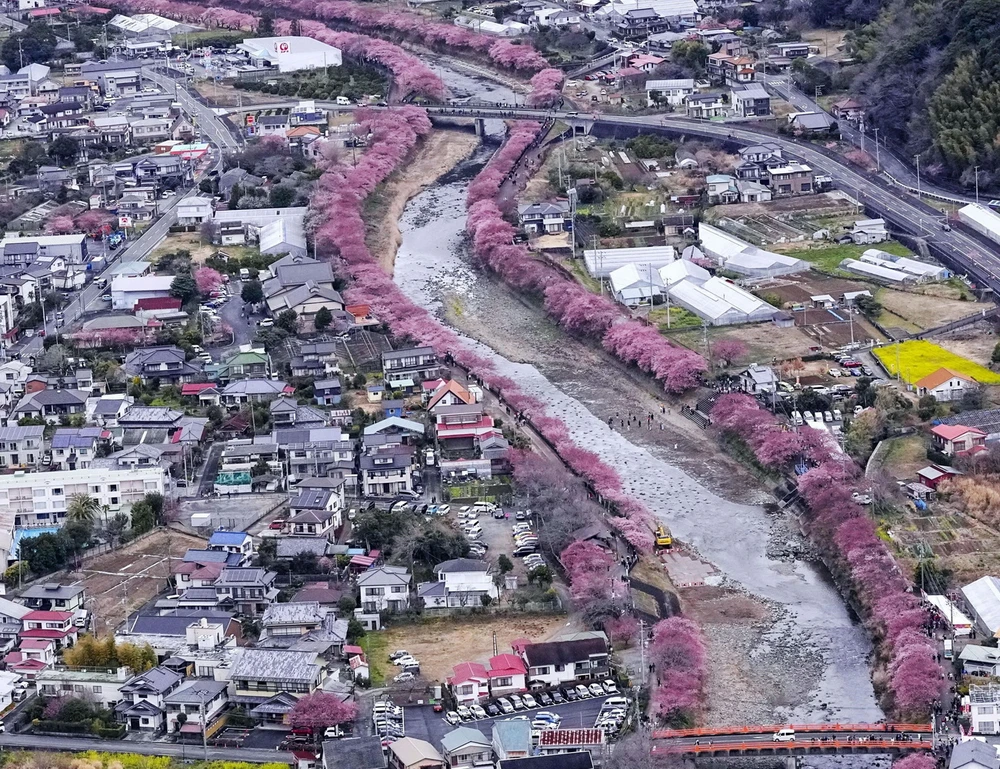
Cherry blossom viewing, also known as hanami, is a seasonal activity and a favorite practice for many people in Japan.
It's a chance for friends and family to get together, chat and have fun, while also boosting the economy.
This year, the economic impact of hanami is estimated at 1.14 trillion yen ($7.7 billion), nearly double last year's 616 billion yen, according to Katsuhiro Miyamoto, professor emeritus at Kansai University in Osaka.
“Hanami, the tradition of enjoying cherry blossoms, has long been a national event in Japan, and the beautiful cherry blossoms have now become a tourist asset, attracting foreign visitors,” commented expert Miyamoto.
The economic impact has been amplified in part by the lifting of restrictions such as bans on gatherings and parties since the government downgraded the spread of COVID-19 to that of seasonal flu in May 2023.
In a report released last week, Professor Miyamoto expected the number of foreign tourists to Japan this year to increase by 32% compared to last year.
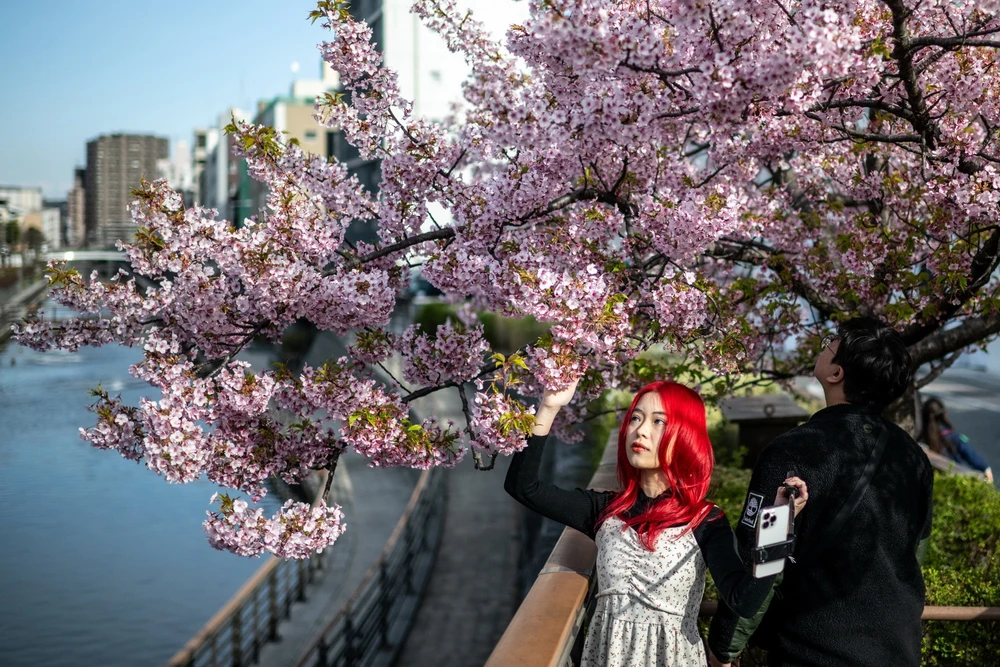
Professor Miyamoto also pointed out other factors contributing to the economic benefits of hanami activities: the rising prices of products, including souvenirs, while the yen depreciated.
The average daily per capita spending by foreign visitors was estimated at 30,286 yen, up from 28,580 yen last year, due to the weaker Japanese currency.
Based on travel agency JTB's estimates for 2024, about 3.73 million foreign tourists are expected to visit Japan during the hanami season – from late March in the southern Kyushu region to early May in Hokkaido.
As the hanami season approaches, travel agencies have been receiving many bookings from tourists wishing to visit Japan.
All Japan Tours, a California-based company that primarily serves customers from Europe and the United States, reported a 300% increase in profits compared to pre-pandemic levels.
“With the Japanese government’s complete lifting of travel restrictions, our booking process has been significantly streamlined. As a result, our group tours are in greater demand, while our private tours are fully booked,” said Kiyoshi Katsume, a representative of All Japan Tours.
Not all travel agencies are doing well, however. Hankyu Travel, which operates tours for domestic tourists, said its number of visitors had dropped by 70% compared to last year.
This is due to tourists choosing to travel abroad in the post-pandemic era.
In recent years, some tourists have chosen to book guided tours on platforms like Airbnb and Klook instead of booking through travel agencies because of more options and lower prices./.
Source










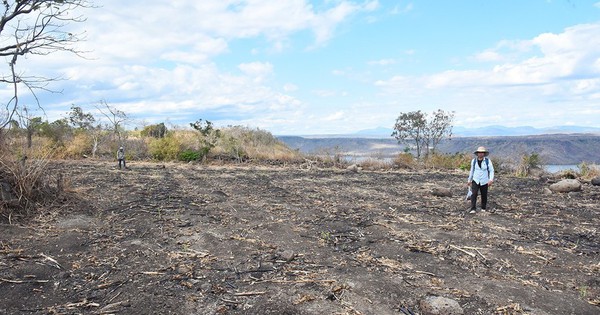

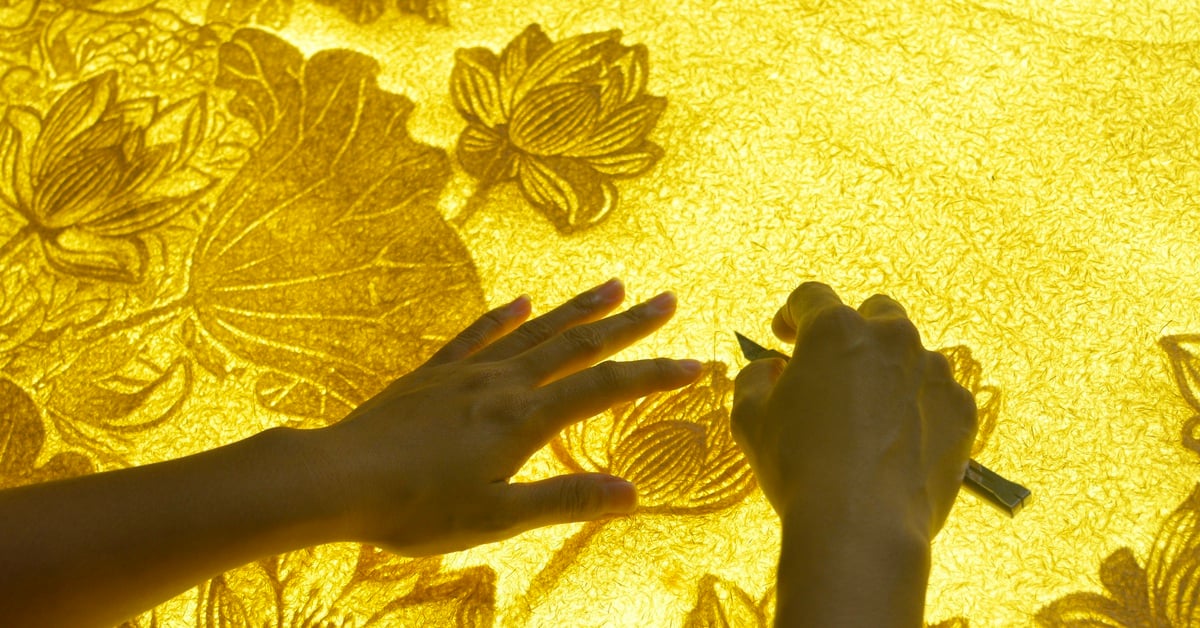
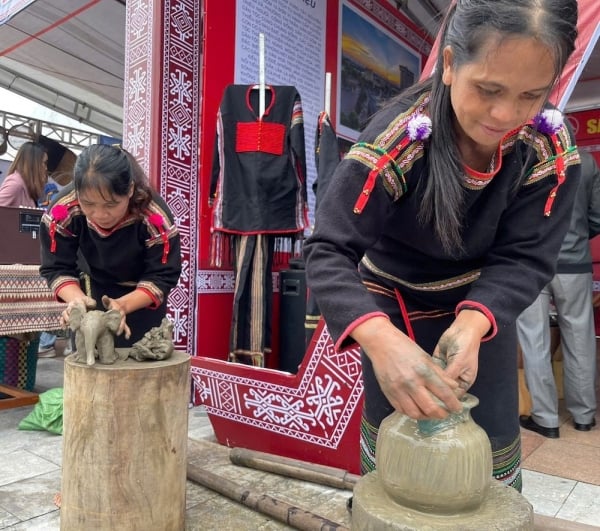



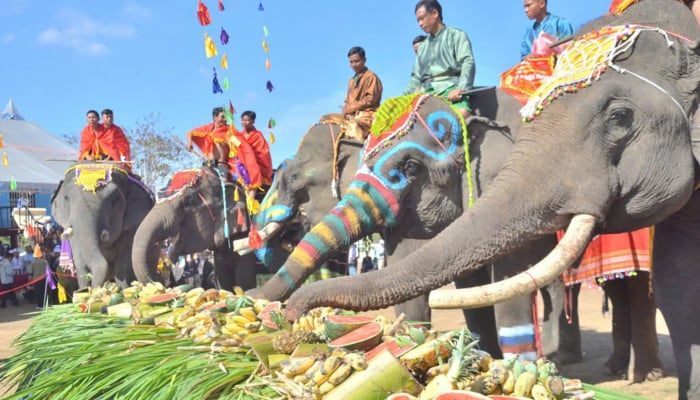



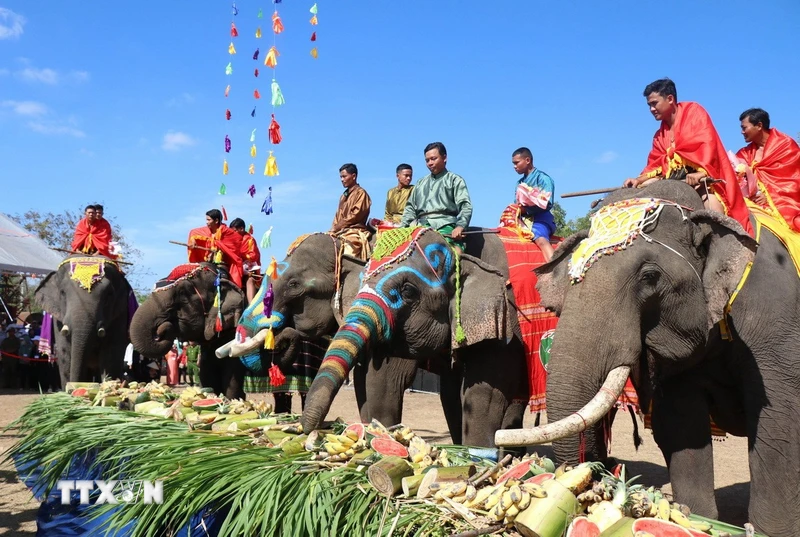
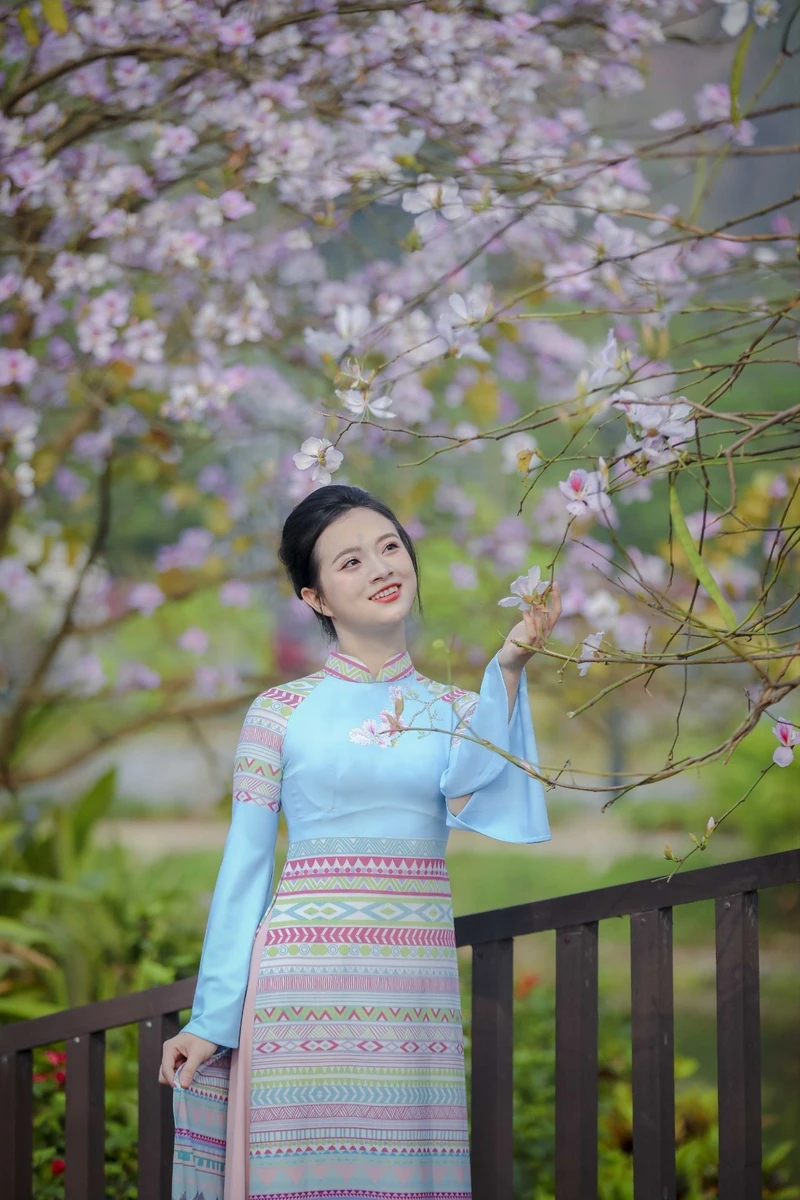




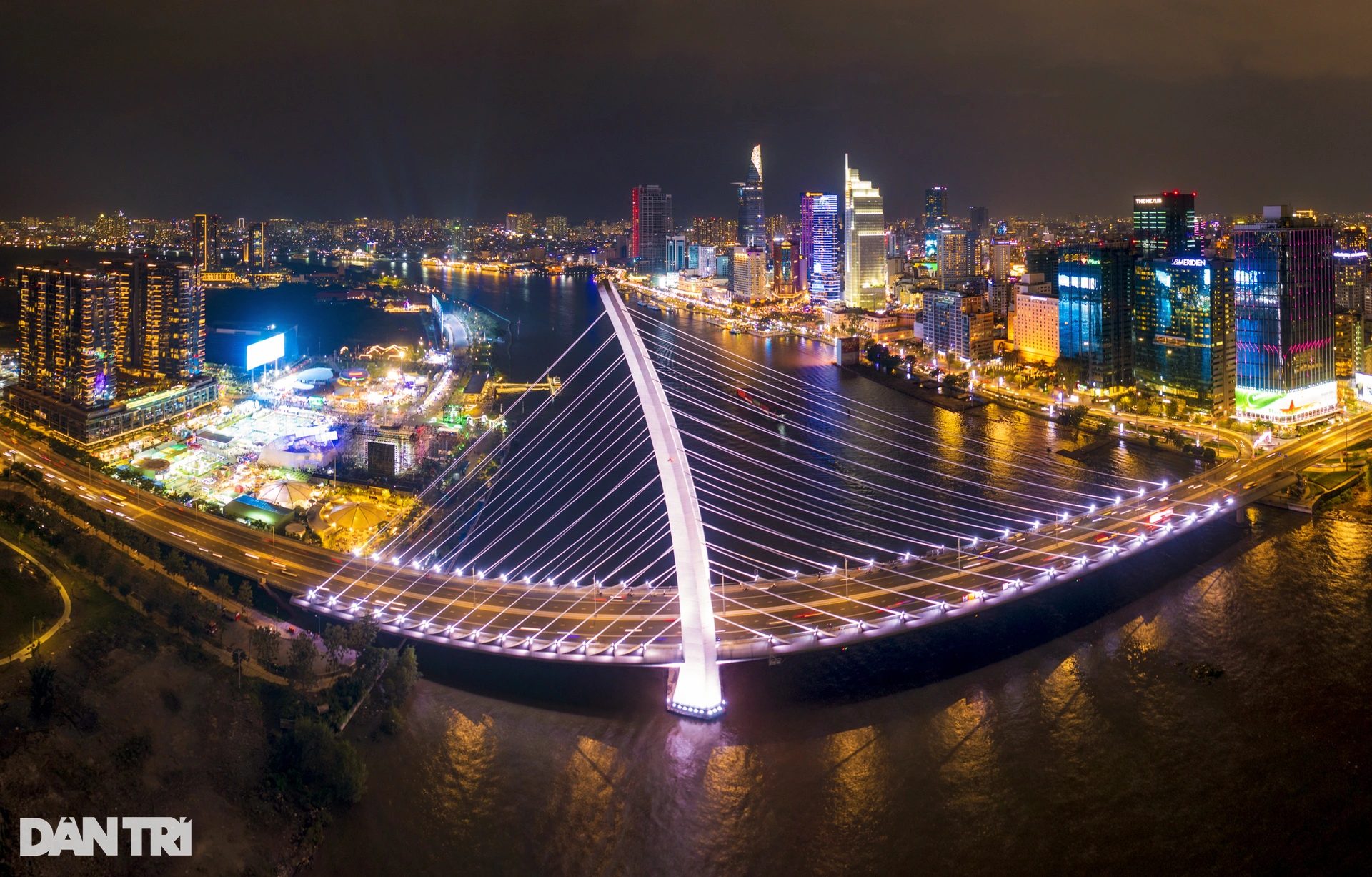

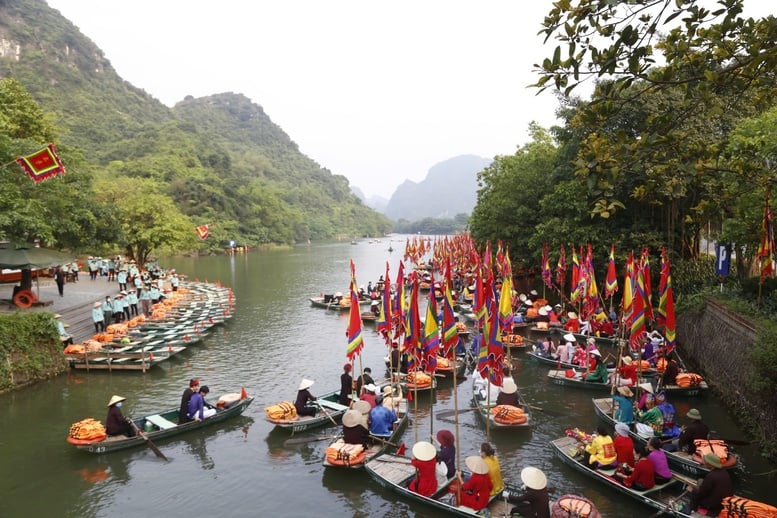



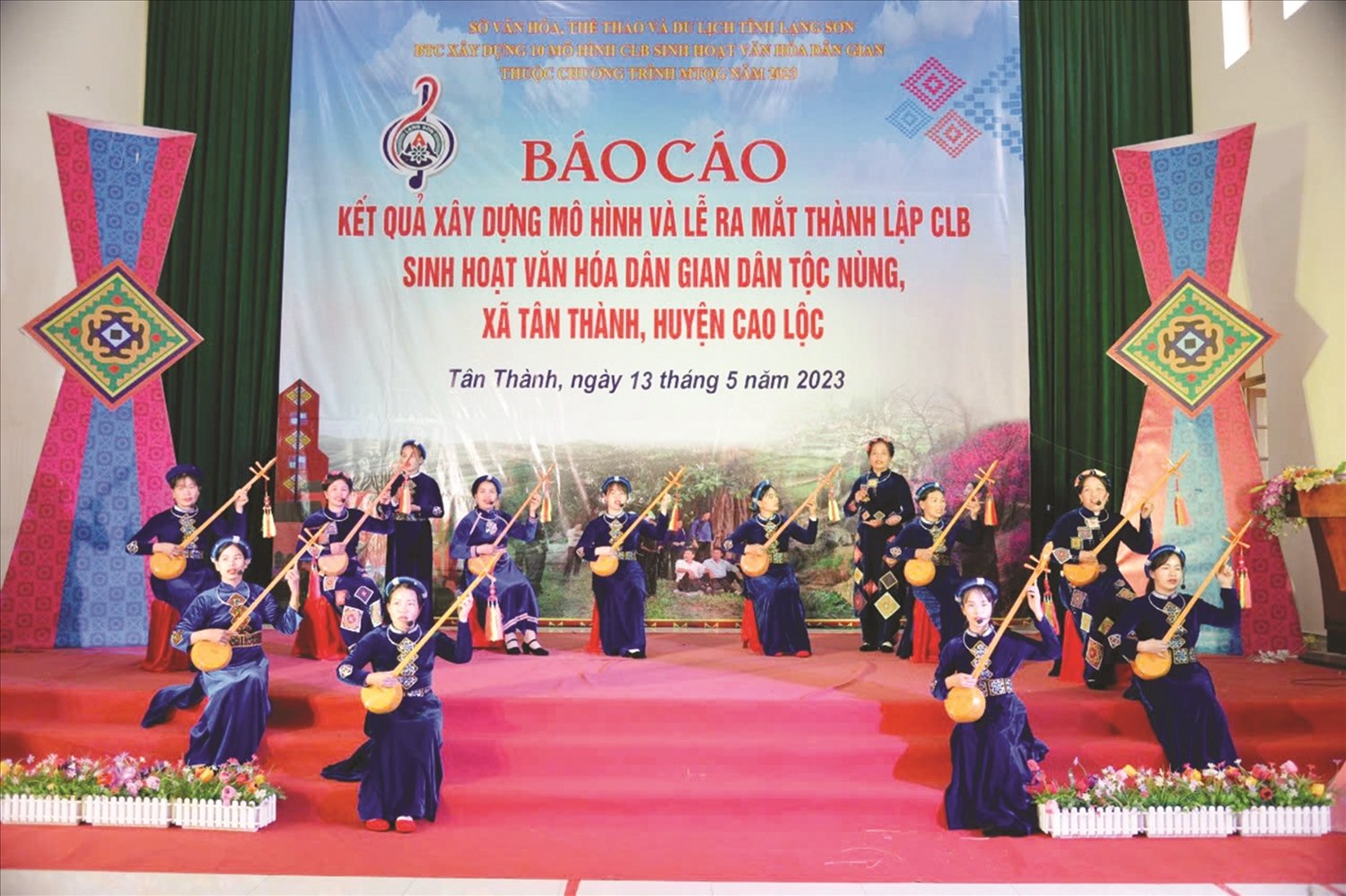




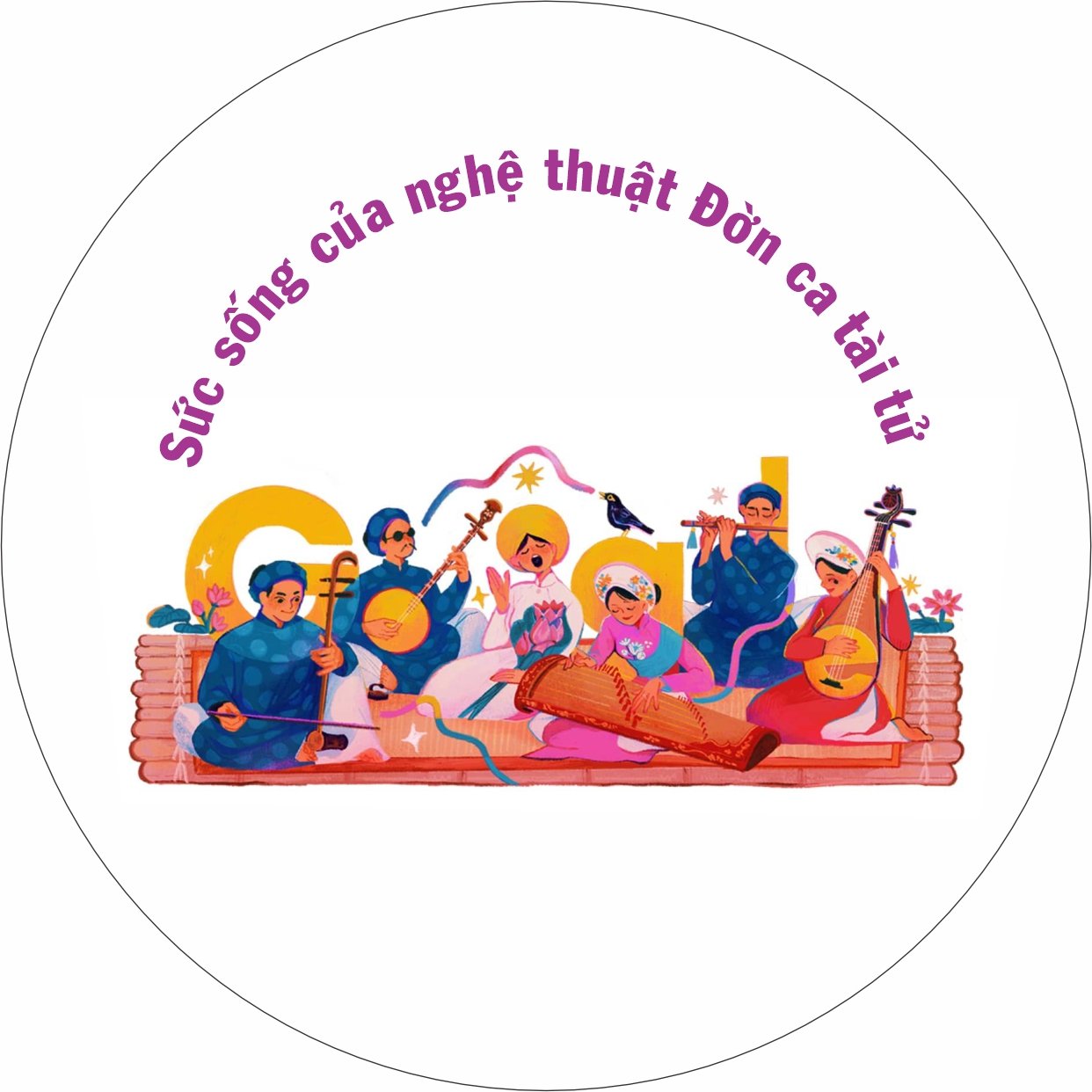



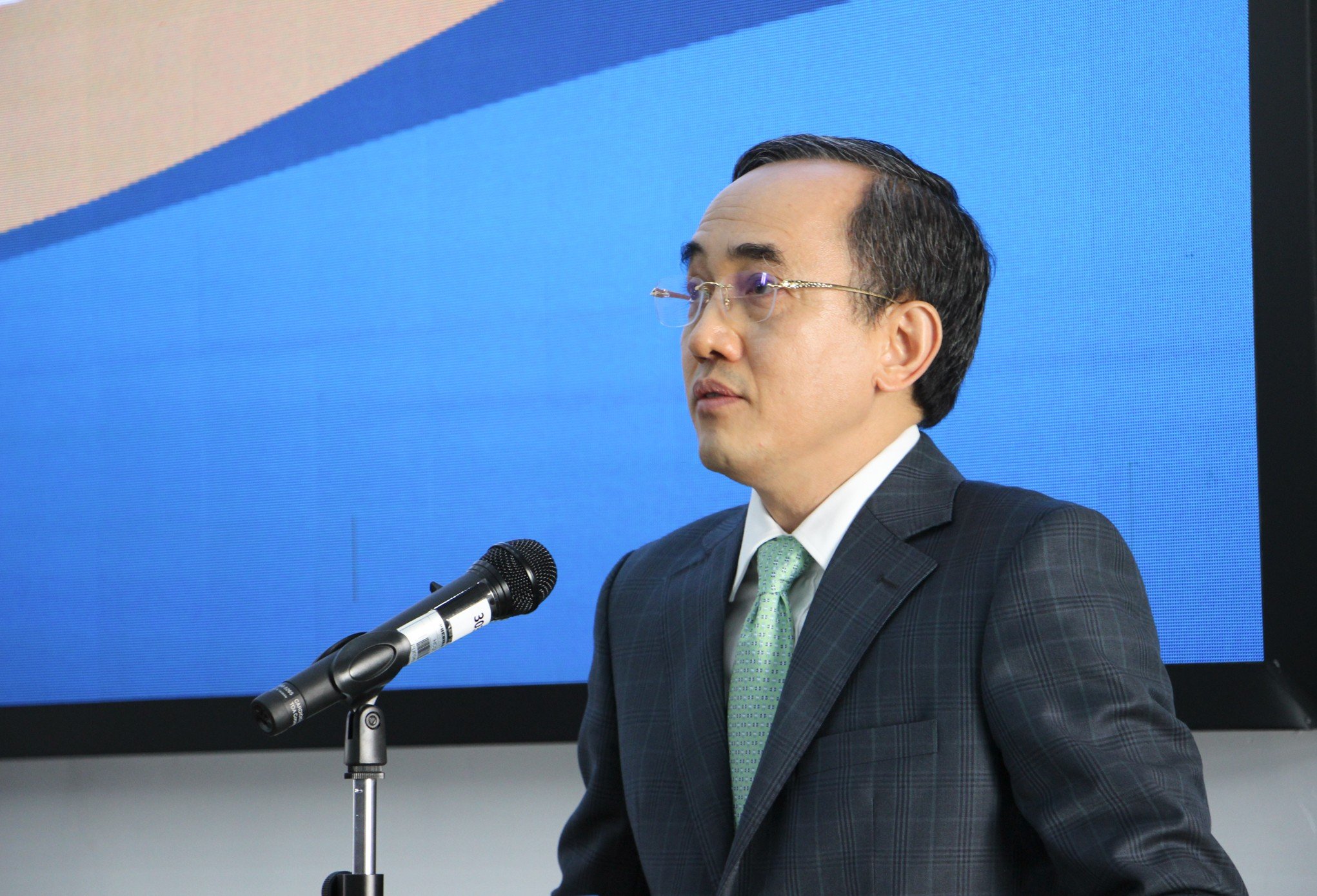

















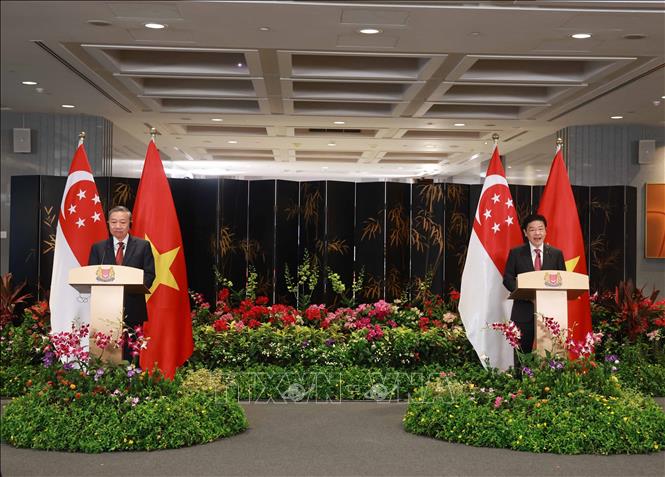




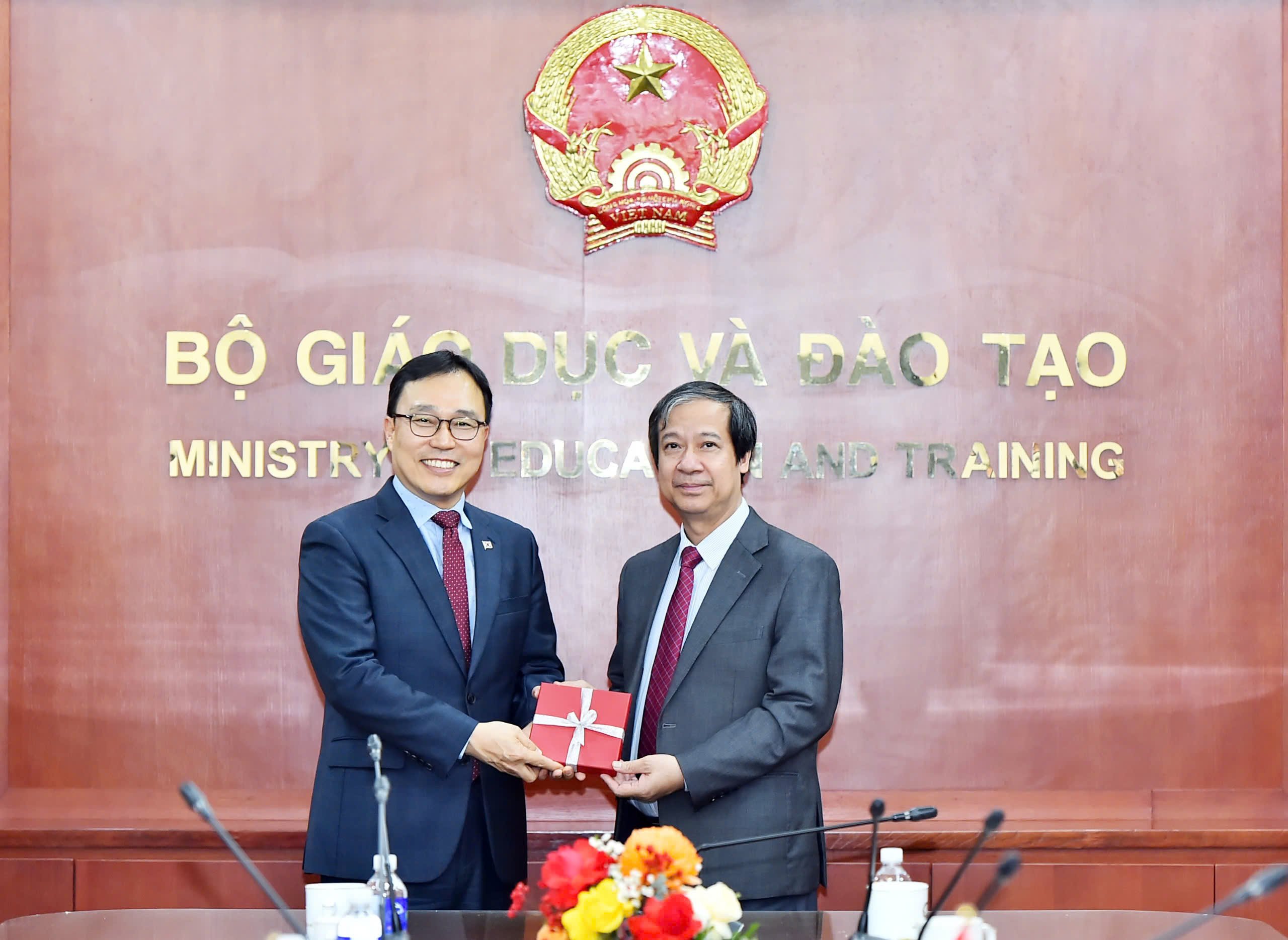

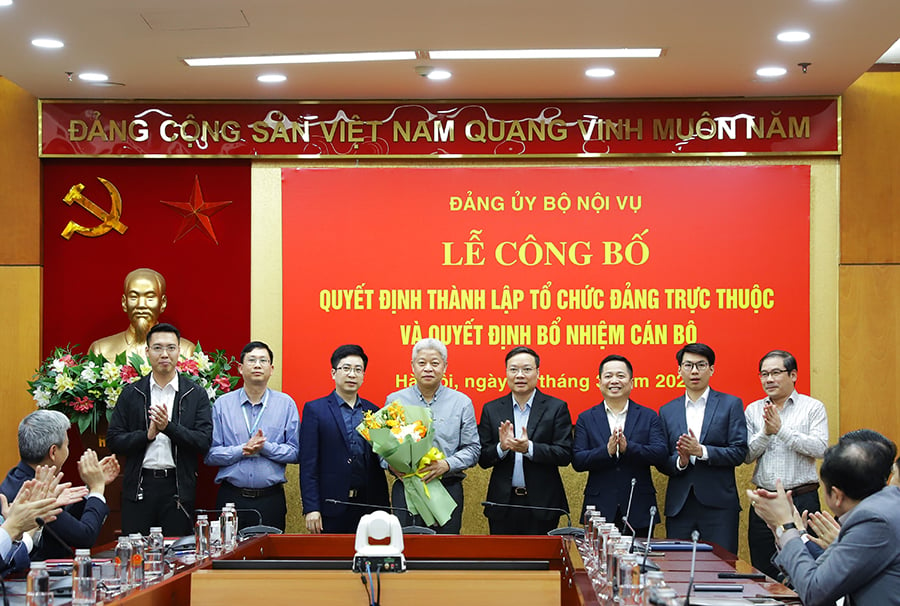



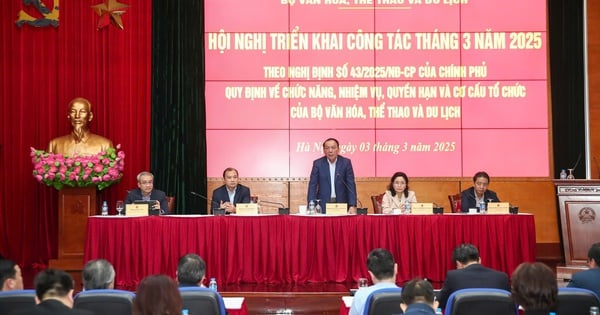










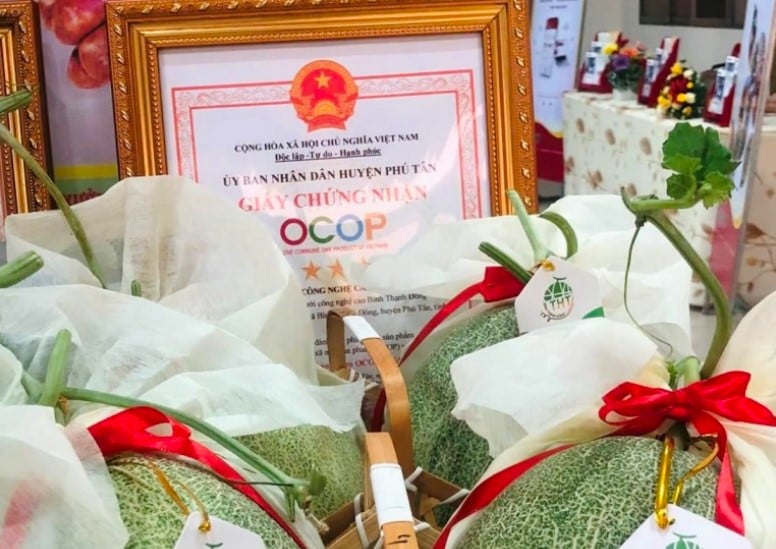

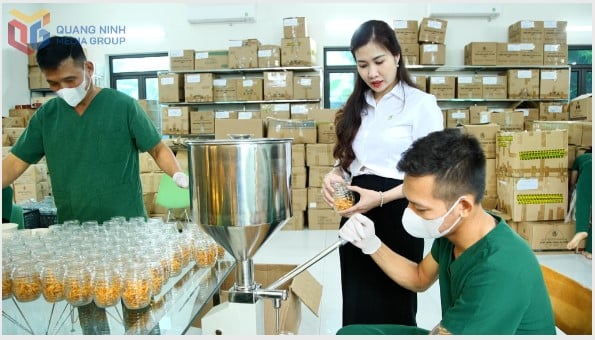
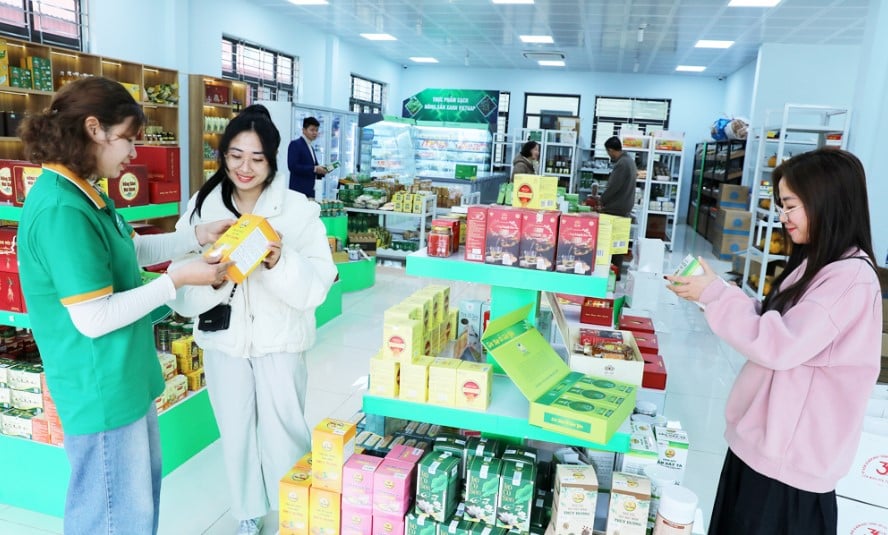
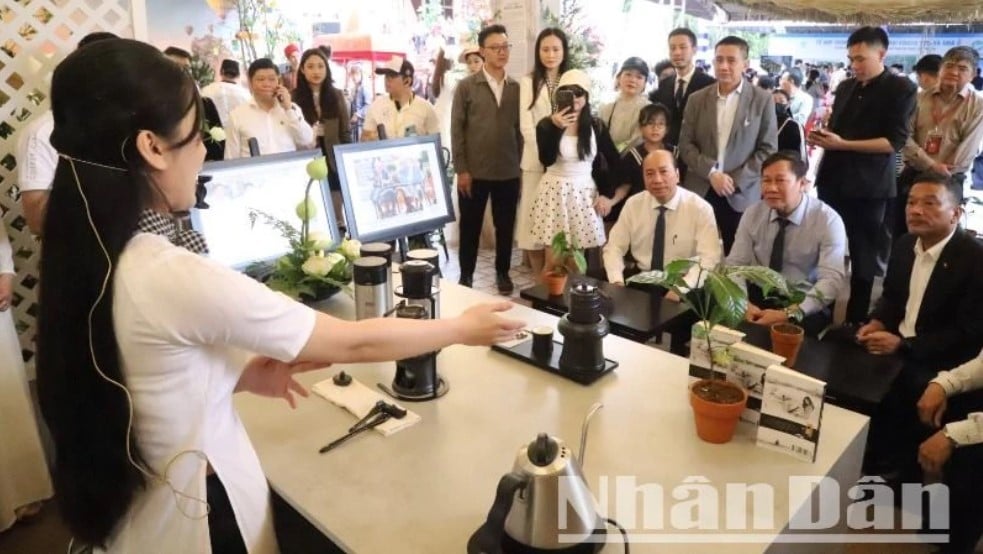
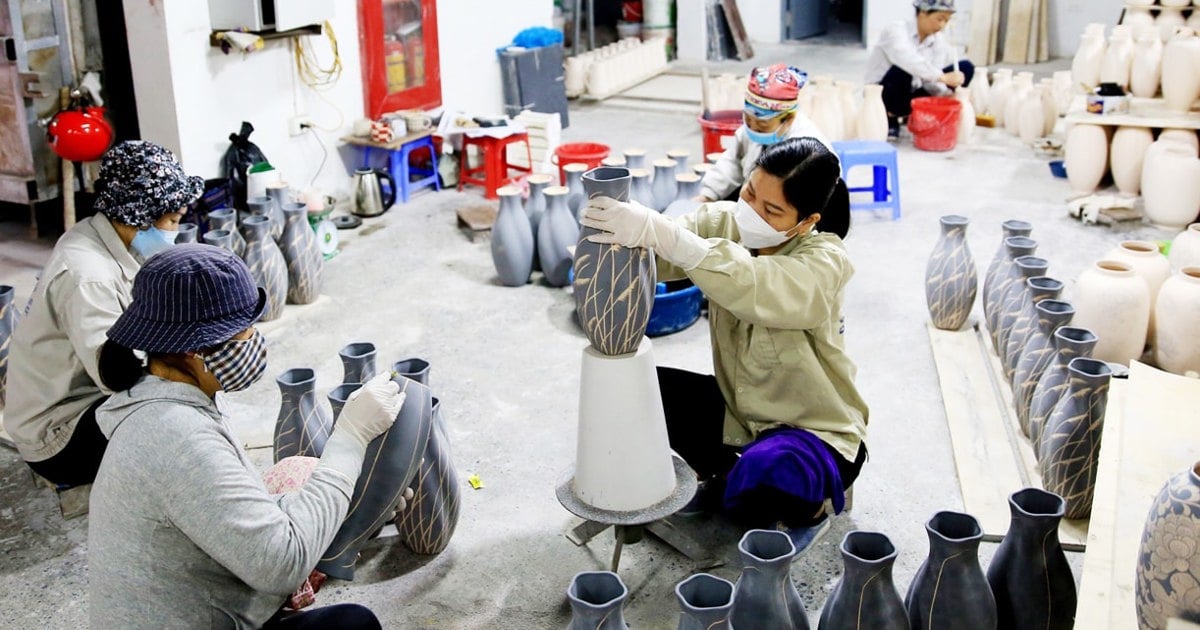

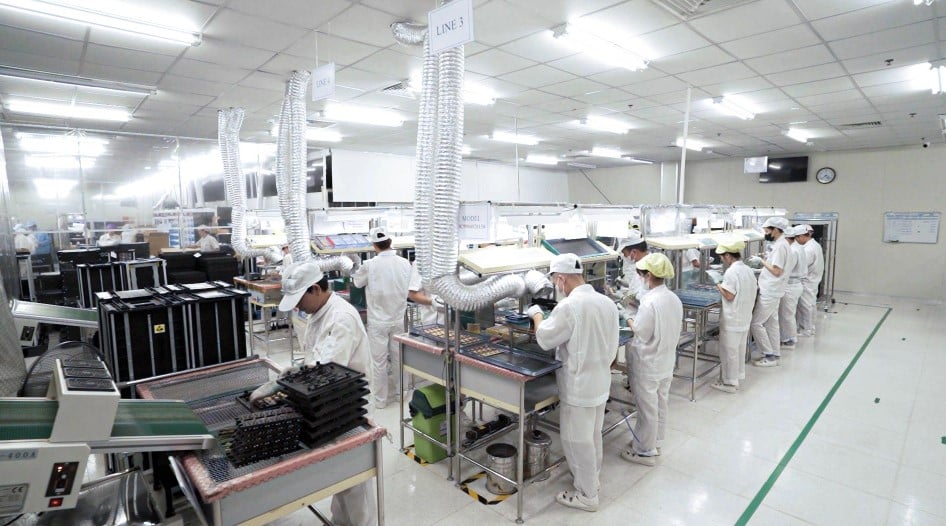
Comment (0)